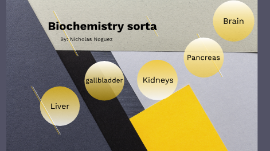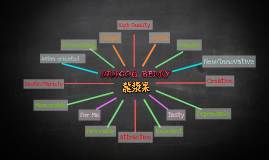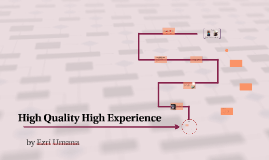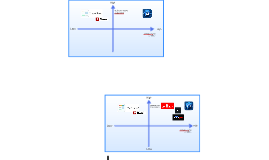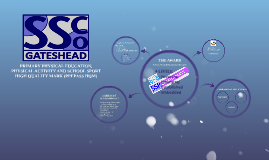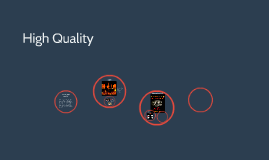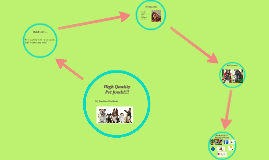High quality presentation
Transcript: By: Nicholas Noguez Biochemistry sorta Liver Located in the upper right hand portion of the abdoman The Liver beneath the diaphragm on top of the stomach, right kidney, and intestines produces impotrant clotting proteins Processes plays an important role in metabolism produces bile and filters out the blood Important chemicals Vitamin K blood clotting agent Lipase enzymes used to break down fat Ammonia byproduct of breaking down fats and proteins The Gallbladder gallbladder Stores bile thats pretty much it . its just for storage The Kidneys Kidneys Located behind the peritonium, the left on is slightly higher Helps filter blood Regulates fluid levels, ph levels, and osomolarity Helps control glucose levels Erthryopoietin- stimulates red blood cell synthesis Renin- helps control the balance between salt and water The kidneys regulate sodium, phosphorus, potassium, and other chemicals. Important chemicals The pancreas Pancreas Located behind the stomach in the upper left abdomen Helps convert food to energy Produces insulin Insulin- Allows the body to use the sugar in carbohydrates from the food you eat.Also keeps your blood sugar levels from getting too high Creates enzymes used in digestion Important chemicals Located in the skull Controls all of the bodies functions. The brain is made up of many different parts called lobes The main parts are the Frontal lobe, Parietal lobe, Temporal lobe, Occipital lobe, Cerebellum, and the Brainstem The brain Brain Frontal Lobe- motor control, problem solving, and speech production Parietal lobe- touch perception, body orientation and sensory discrimination Temporal lobe- auditory processing, lanuage comprehension, and memory/information retrieval Occipital lobe- sight, visual reception and visual interpretation Cerebellum- balance and coordination Brainstem- involuntary respones like breathing and blinking Functions of Lobes Dopamin- Helps control reward and plessure centers(neurotransmitter) Serotonin- Helps control sleep, apetite, and mood. Too little serotonin can cause depression. Glutamate- Allows the signals sent by the brain to be recieved GABA- The opposite of glutamate. It slows the reception of signals from the brain. Acetylcholine- Plays an important role in learning and memory. The chemical the brain releases to neurons to send signals to the brain. Important chemicals






